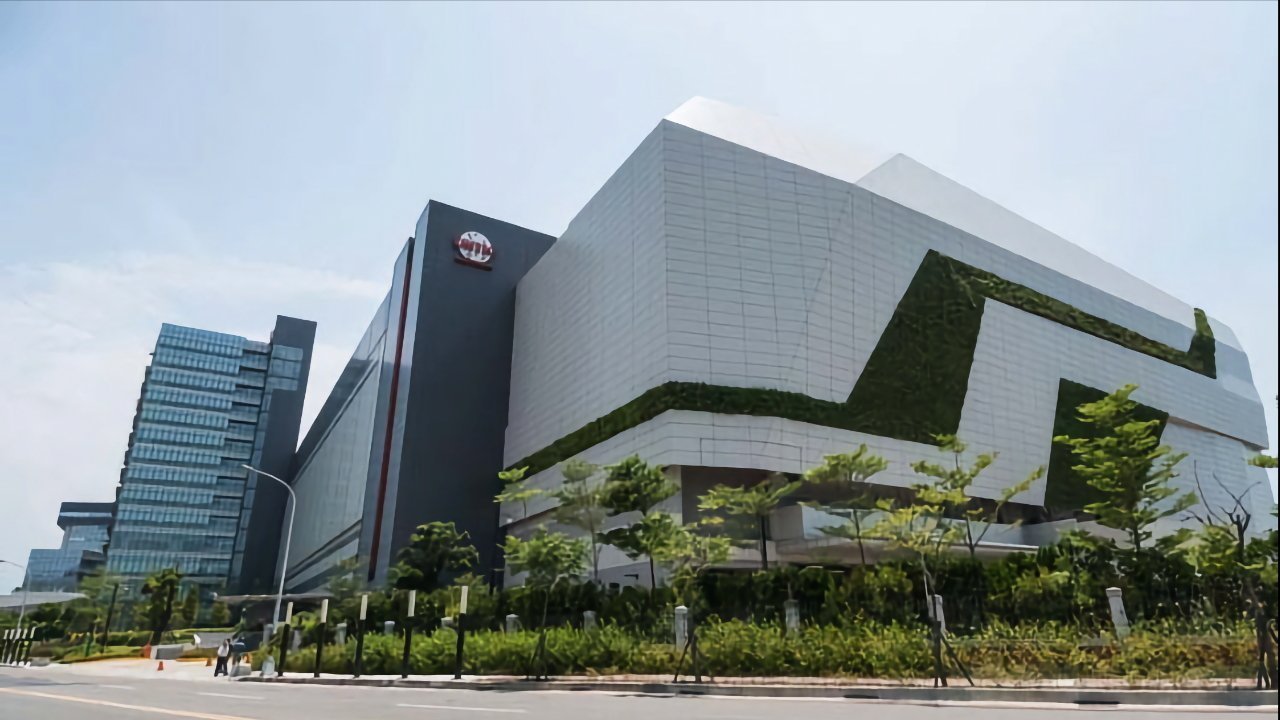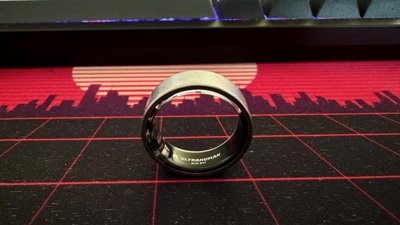As saber-rattling about a Chinese invasion of Taiwan grows, two Apple suppliers have confirmed that they can scuttle chip production lines from outside the country, should the need arise.
Tensions between Taiwan and China have continued to grow, with no signs of stopping anytime soon. With China insisting Taiwan is its territory and its government unwilling to rule out military action, there are fears that China could try to take control of the country by force.
In March, a U.S. admiral testified that China would be able to invade Taiwan by 2027, due to its military growth. With the U.S. Congress approving a $8 billion aid package in April to improve Taiwan's defenses, the Biden administration has also sought out assurances from the private sector.
U.S. officials have communicated concerns to counterparts in the Netherlands and Taiwan about Chinese intervention, reports Bloomberg. The concerns include fears of what could happen to production lines used to create processors, including TSMC's lines used to make chips for Apple.
ASML Holding is a Dutch company that produces chip manufacturing equipment for an extreme ultraviolet (EUV) process. That includes production lines for chip production used by TSMC on behalf of Apple, including its iPhone and Apple Silicon chip families.
Assurances have been made by ASML to the Dutch government about the potential threat of a Chinese invasion. Two people familiar with the discussions say ASML has the capability to remotely disable its machinery in case such a threat emerges.
The fear is that the machinery could fall into Chinese hands, something that other world governments have been keen to avoid.
Spoils of war, a competitive edge
Each machine, the size of a bus and valued at more than $217 million per unit, is used to create chips with the smallest commercially available transistors. While ASML has shipped its machinery to clients in China, there is the worry that the high-priced hardware could be taken as spoils of war.
The worry of China taking the machines and using them to create new chips has caused governments to be wary.
This has already included the Netherlands prohibiting ASML from selling its EUV machinery to China at all. This was a request sought by the U.S, which has also asked ASML directly to cancel shipments to customers in China.
Even so, ASML still expects China to be its biggest market for its hardware.
The U.S. has a secondary reason to prevent China from gaining access to the specialized machinery. The United States is keen to foster chip production on its shores, and it doesn't want to give China any advantages.
That production drive includes a $6.6 billion subsidy handed to TSMC in April, to build a third fabrication plant in Arizona.
With Taiwan already producing 90% of the world's advanced chips, the prospect of China seizing the hardware and getting a major hardware advantage for manufacturing is too much for the U.S. government to bear.
 Malcolm Owen
Malcolm Owen




-m.jpg)


-m.jpg)






 Christine McKee
Christine McKee
 Chip Loder
Chip Loder
 Oliver Haslam
Oliver Haslam

 William Gallagher
William Gallagher
 Amber Neely
Amber Neely

 Andrew Orr
Andrew Orr







55 Comments
For more on this subject, I recommend "World on the Brink; How America Can Beat China in the Race for the Twenty-First Century" by Dmitri Alperovitch.
Washington Post interview;
https://www.youtube.com/watch?v=CwfGrjVjgas&t=918s
Has no idea the fab machinery was Dutch! Why haven’t we bought our own “busses” from them. If the machine does most of the work, where is the labor cost saving by having chips made in Taiwan?
It's all pretty much nonsense from a chip perspective.
Only a tiny fraction of the world's chip output is on cutting edge nodes. What makes the world go around is everything else that isn't cutting edge. The much older, more mature nodes.
There are strategic commercial reasons behind China not having access to cutting edge nodes so the most likely outcome of hostilities is old-fashioned, ehem, 'anonymous' physical destruction, a la Nord Stream, for example and the bulk of our telecommunications runs over undersea cabling too so that is guaranteed to get the snip if things go wrong. Satellite communications will also be interfered with.
That would see a lot of already fabricated chips with very little to do.
Sanctions have only accelerated China's chip efforts and determination and, as we move beyond silicon, new solutions will come to market (phototonics are showing promise). Possibly for highly specialised fields first but 'kill switches' are simply spanners in the works when it comes to fabrication.
Apple took a huge risk in putting all its chip related eggs into one basket mostly in Taiwan. It's paid off so far but the risk (political, economic, natural disaster or otherwise) remains and they are seeking to change that slowly. A wise move.
Just disable? I was hoping for some explosive charges, and then the CEO can say into his iPhone, "
I was hoping for a self-destruct sequence a la star trek. I am sadly disappointed.